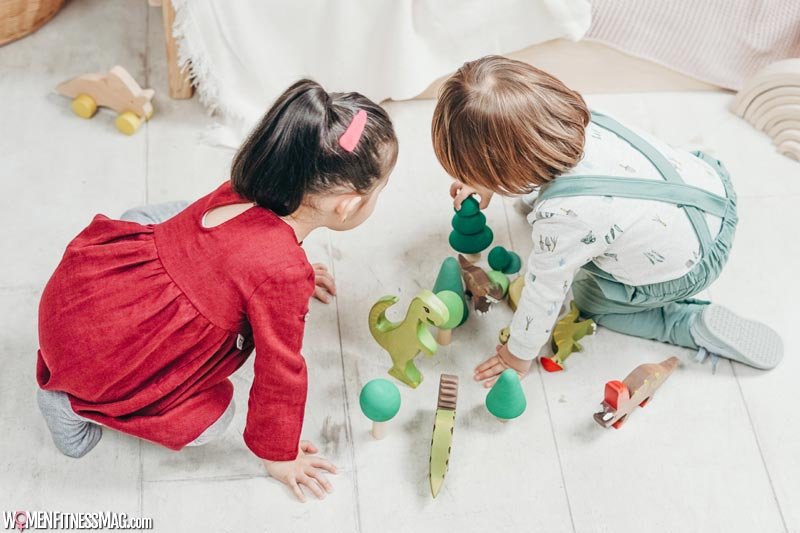The Value of Play in Early Childhood Education : In early childhood education, play is often viewed as simply a recreational activity. However, research has shown that play is actually essential to a child’s cognitive, social, and emotional development. So why is play important, and how can educators use play to support children’s learning?
Keep reading to find out the value of play in early childhood education and how you can use play to support your child’s learning, whether you’re earning an associates in education online or you’re raising a little one of your own.
Learning Through Pretend Play
When children engage in pretend play, they are using their imagination to create a pretend scenario. This can involve pretending to be someone else, pretending to be in a different place, or pretending to have different toys. Pretend play can help learners learn to think creatively, to problem-solve, and to socialize. Additionally, pretend play can help children develop a better understanding of the world around them.
Children need plenty of time for play. It’s a time for them to explore, experiment, and learn. Play is a important part of childhood, and it’s something that children should never be without. Pretend play is important for children’s physical development, too. They can improve their balance, coordination, and strength by playing. When children play, they use their imagination and creativity. They learn to think on their feet and come up with new ideas. Play also helps children learn to solve problems.
Developing Social Skills
Play is essential to the healthy development of children. It helps them learn about themselves and the world around them. Play is also a time for children to connect with others. They can play with friends, siblings, and classmates. Through play, children learn how to interact with others, share, take turns, and cooperate. From connecting with their preschool teacher and other young children in the classroom to building friendships and family relationships at home, pretend play helps children develop social skills and relationships.
Preschool and kindergarten classrooms are filled with opportunities for children to play. They can play with dolls, blocks, and cars. They can also play games, such as Simon Says and Red Light, Green Light. Playing with other children helps them learn about social interactions. They learn how to take turns, share, and cooperate. Playing with friends also helps children learn about themselves. They can figure out what they like and don’t like. They can also learn what they are good at and what they need to work on.
Exploring Their Interests And Passions
One of the benefits of a play-based learning environment is that it allows children to explore their world. They can learn about the people and things around them by playing with dolls, cars, blocks, and other materials. In a play-based learning environment, children also have the opportunity to learn through play. This means they can figure out how things work by playing with them. For example, they can learn to count by playing with number blocks, learn about history by playing with dolls, and learn about science by playing with toy cars.
Many experts believe that play is an important part of child development. In a play-based learning environment, children have the opportunity to explore their own interests. They can follow their own lead and play with the things that interest them. This can help children learn more about themselves and their interests. It can also help them develop skills in those areas.
Play is important for children of all ages, but it’s especially crucial during the earliest years of life. It’s an essential part of a child’s development and should not be underestimated. Whether you’re a childcare worker or a parent, make sure your child has plenty of opportunities to play, and enjoy watching them grow and learn!
Related Videos about The Value of Play in Early Childhood Education :
The Value of Play in Early Childhood Education
what is play in early childhood education, the importance of play in child development, what is play in early childhood education pdf, the importance of play in early childhood education pdf, value of play pdf, learning through play examples, the importance of play and creativity in learning, benefits of learning through play,




